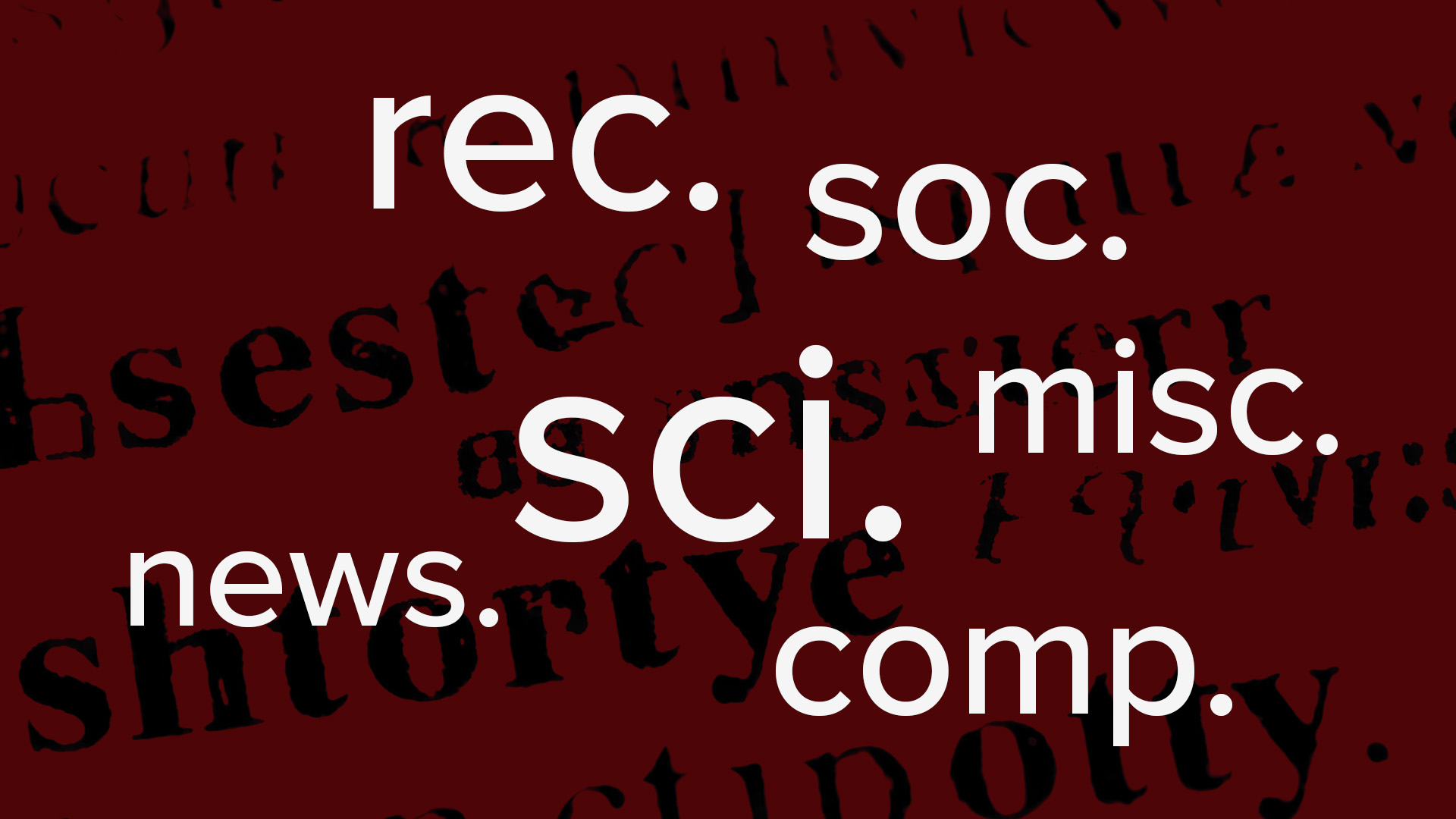The Great Renaming:
Usenet’s Pivotal Moment of Reorganization
In the vast tapestry of internet history, Usenet stands as one of the foundational blocks. Before the graphical interface of web browsers, social media, and ubiquitous email, Usenet was a leading frontier of online engagement. Despite its rudimentary, text-based nature, it was a hotbed for some of the earliest online communities and discussions. Among the many significant events in Usenet’s history, “The Great Renaming” stands as one of the most consequential. This event forever changed the structure of Usenet and served as a crucial step towards modernizing its user experience, with lasting implications for how we understand community management and online governance.
What Was The Great Renaming?
Initially, Usenet newsgroups (essentially discussion boards) were organized under a flat hierarchy with rather generic names like `net.*`, `mod.*`, or `fa.*`. As Usenet grew, it became increasingly challenging to manage this chaotic landscape, leading to problems in finding relevant newsgroups or even understanding what a particular newsgroup was about based solely on its name. The Great Renaming, which occurred around 1987, was a seminal moment that sought to address these issues by reorganizing the newsgroups into a more intuitive, hierarchical structure.
Categories like `comp.*` for computer-related discussions, `sci.*` for science topics, `rec.*` for recreational activities, and `talk.*` for more controversial subjects were introduced. This more organized system made it easier for users to navigate Usenet and find communities that matched their interests.
Governance and Community Input
The Great Renaming was not dictated by a centralized authority, a notable aspect given that the internet has since evolved into a landscape dominated by major corporate platforms. Instead, it was the result of collaborative discussions among Usenet’s user community. Various proposals were debated intensively before any changes were implemented, reflecting a democratic approach to online governance.
This practice of community-led decision-making laid the groundwork for similar systems in future online communities, demonstrating that large-scale, decentralized coordination was not only possible but also effective. This is especially significant in the context of today’s internet, where centralized platforms exercise overwhelming control, often making unilateral decisions without substantial input from their user communities.
Inclusion and Exclusion
While The Great Renaming had several positive impacts, it also raised questions about inclusion and exclusion. The `talk.*` hierarchy, for instance, was created for topics that were deemed controversial and included newsgroups like `talk.politics` and `talk.religion`. While segregating these topics into their own category reduced the friction in other newsgroups, it also created a precedent for isolating topics that might be contentious or sensitive, effectively ‘othering’ them.
Legacy for Modern Internet Culture
The implications of The Great Renaming extend far beyond Usenet itself. Today, any community forum, social media platform, or discussion board employs some kind of categorization for easier navigation and user experience. Tags, hashtags, subreddits, and channels are all descendants of this crucial restructuring, even if their users have never heard of Usenet.
Moreover, The Great Renaming made it clear that as online communities grow, they require structure, rules, and governance. Subsequent platforms have invested considerably in moderation tools, community guidelines, and algorithms designed to foster engagement within particular boundaries. While the context has evolved, the central challenge remains—how to organize a large-scale, diverse group of users into a functional, navigable community.
Ethical and Philosophical Implications
The collaborative decision-making process used during The Great Renaming also has important ethical and philosophical implications. It underscores the notion that online spaces are not merely technical platforms but social ecosystems. How these ecosystems are structured—what is included, what is left out, how categories are named—carries inherent value judgments that can shape public discourse in subtle ways. In a time when social media algorithms and platform policies are under scrutiny for their influence on public opinion, the history of The Great Renaming offers valuable lessons in the complexities and responsibilities of online governance.
Conclusion
The Great Renaming was a pivotal moment in the history of Usenet, and by extension, the history of online communities. It addressed immediate practical issues of organization and navigability, but its implications were far-reaching, affecting how we understand online governance, community management, and even the ethics of digital interaction. As the internet continues to evolve, understanding these foundational moments can provide us with essential insights into the challenges and opportunities that lie ahead in managing online communities effectively and ethically.




Recent Comments